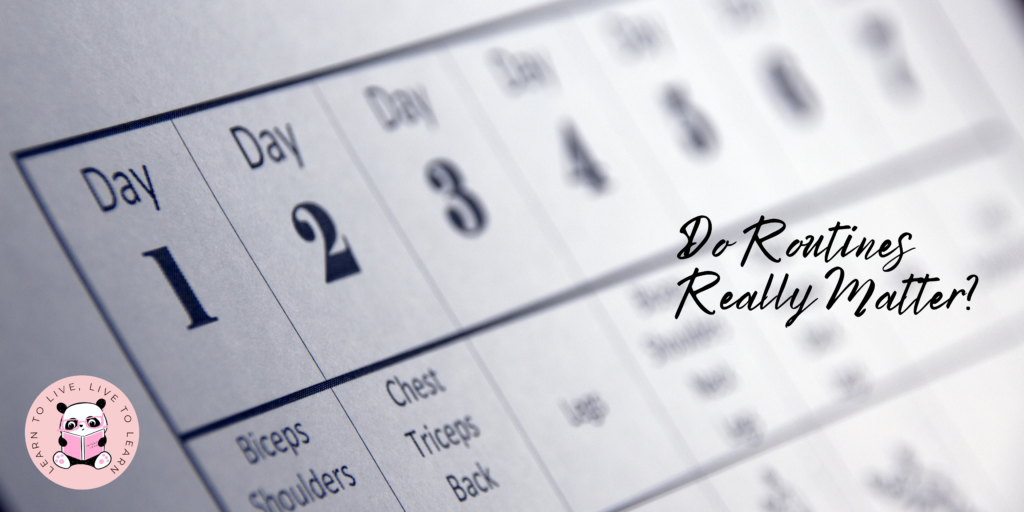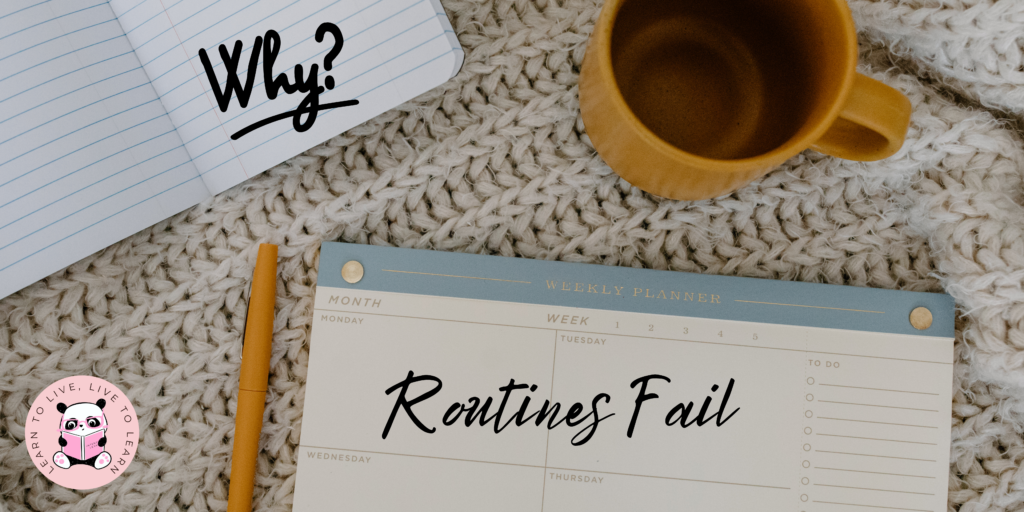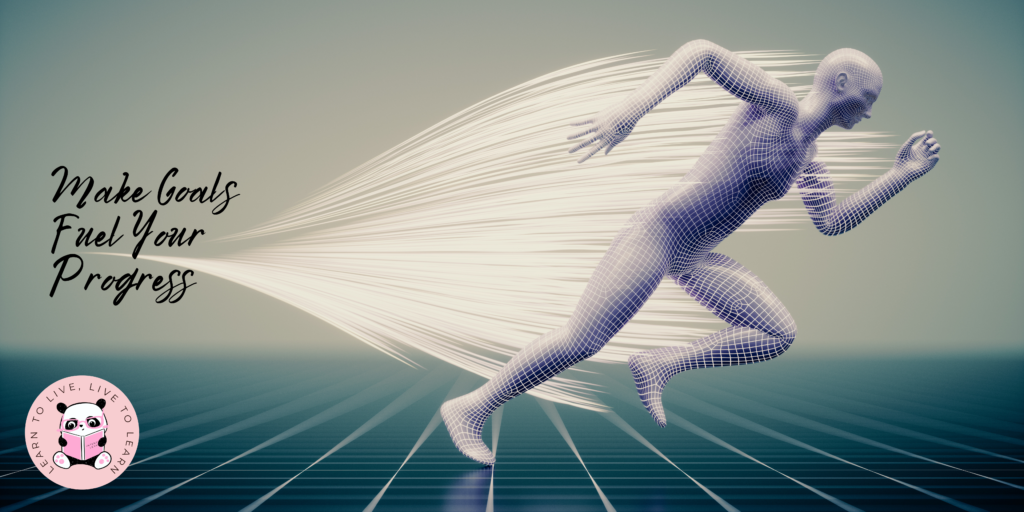The Case for Routines: Do We Really Need Them?
Written by Michelle Ong | November 2, 2024

Routines aren’t about restriction—they’re about making life feel lighter, calmer, and more intentional.
Life gets chaotic fast—deadlines, errands, random emergencies, and endless distractions.
When everything hits at once, it’s easy to feel overwhelmed and stretched thin.
This is where routines quietly save the day.
What Are Routines?
“Discipline is the bridge between goals and accomplishment.” — Jim Rohn
Routines are simply the habits that anchor your day. They give you a rhythm—something steady to lean on.
You’re already following some routines without realizing it: how you wake up, how you work, how you unwind.
These patterns set the tone for your day, boost your energy, and keep you grounded.
A morning routine helps you start with intention. A work routine helps you stay focused. A bedtime routine signals your mind to slow down. An exercise routine keeps you healthy and consistent.
They’re not about strict schedules—they’re about creating habits that support the life you want.
Why We Need Routines
“Routine is not a prison, but the way to freedom from time.” – Esther Freud
Routines get a bad rep for being “rigid,” but in reality, they free you up. They reduce decision fatigue, streamline your day, and give your mind space for what actually matters.
With routines, you’re not scrambling—you’re flowing. You stay organized, feel less stressed, and build momentum without forcing it.
Even the Stoics understood this. Marcus Aurelius relied on simple daily practices to stay calm, grounded, and purposeful—especially during chaotic times.
When Routines Are Unnecessary
Not everything needs to be scheduled.
Creativity, problem-solving, and moments of inspiration often happen outside structure—while showering, brushing your teeth, or doing nothing at all.
If being spontaneous energizes you, honor that. Routines should support you, not suffocate you.
Routines & Creativity
“Routine is not a burden; it is a liberator. It is the means by which the imagination can fly.” – Twyla Tharp
Surprisingly, routines don’t kill creativity—they protect it.
Setting aside consistent, distraction-free time for writing, drawing, or brainstorming can train your brain to enter “creative mode” more easily. It’s like giving your ideas a guaranteed home to land.
When Routines Are Essential
“Consistency is what transforms average into excellence.” — Tony Robbins
Whenever you need consistency—studying, training, long-term goals—routines matter.
A study routine prevents burnout and keeps you progressing slowly but surely. An exercise routine helps you build endurance safely. A work routine reduces stress and helps you focus on high-impact tasks instead of reacting to everything.
What Routines Do You Need?
“Your routine is a reflection of your priorities. Make it count.”
Your routines should reflect your priorities—not anyone else’s.
Staple Routines
A few habits, done consistently, make life easier:
A morning workout.
Weekly meal prep.
Daily planning.
These free up mental space and keep your energy steady.
Wheel Of Life
Look at areas like health, relationships, growth, and finances.
Where do you feel stretched? Where do you want improvement?
Build small routines around those areas to bring balance back.
A few ideas:
Weekly date nights to reconnect.
An evening self-care ritual to unwind.
Regular catch-ups with family or friends.
Financial check-ins to stay on track.
These little habits create long-term stability.
💡Explore practical tips and insights on structuring your morning, bedtime, journaling, self-care, task management, and personal finance.
Get Inspired
Many successful people rely on simple routines:
Steve Jobs – Started mornings with fruit, tea, and a brisk walk to clear his mind.
Mark Zuckerberg – Uses strict daily schedule and time-blocking to reduce decisions.
Oprah Winfrey – Begins her day with meditation and gratitude journaling.
Their routines aren’t about perfection—they’re about clarity and alignment.
Make Routines Work For You
“Creating a routine is creating a life that you want to live.”
Routines shouldn’t feel like rules—they should feel like support.
If you choose to create them, make them match your personality, energy levels, and goals. Let them help you anchor your day, reduce overwhelm, and live more intentionally.
And when you’re ready, check out my guide on how to build routines that actually stick.
🌱 Reader Reflection
What’s one area of your life that feels chaotic right now—and what tiny routine could help bring back a sense of calm?


